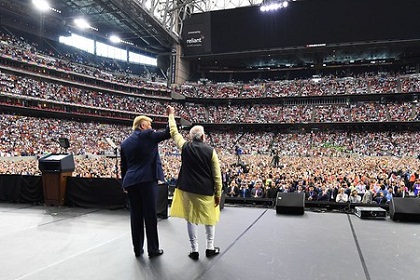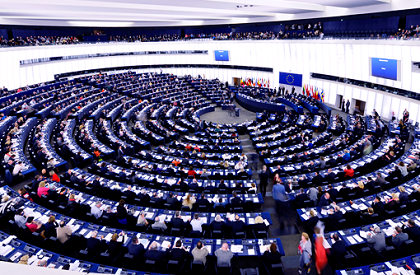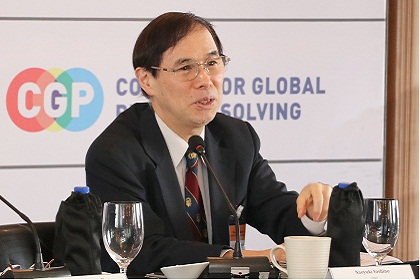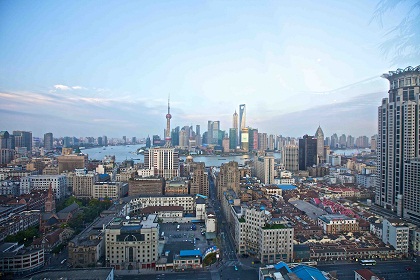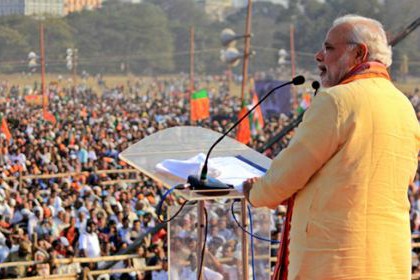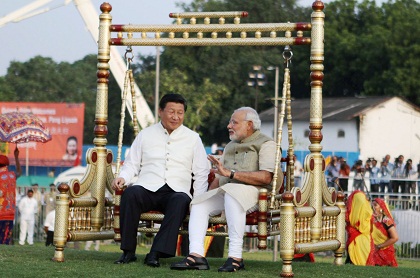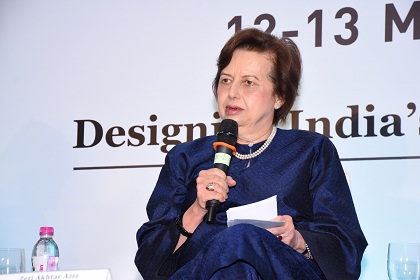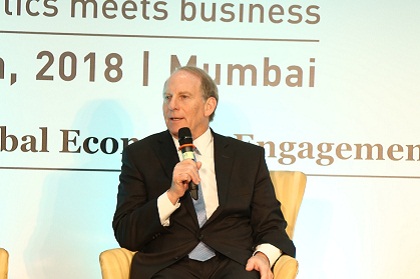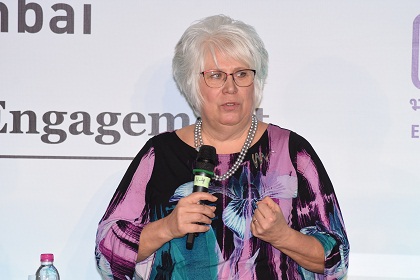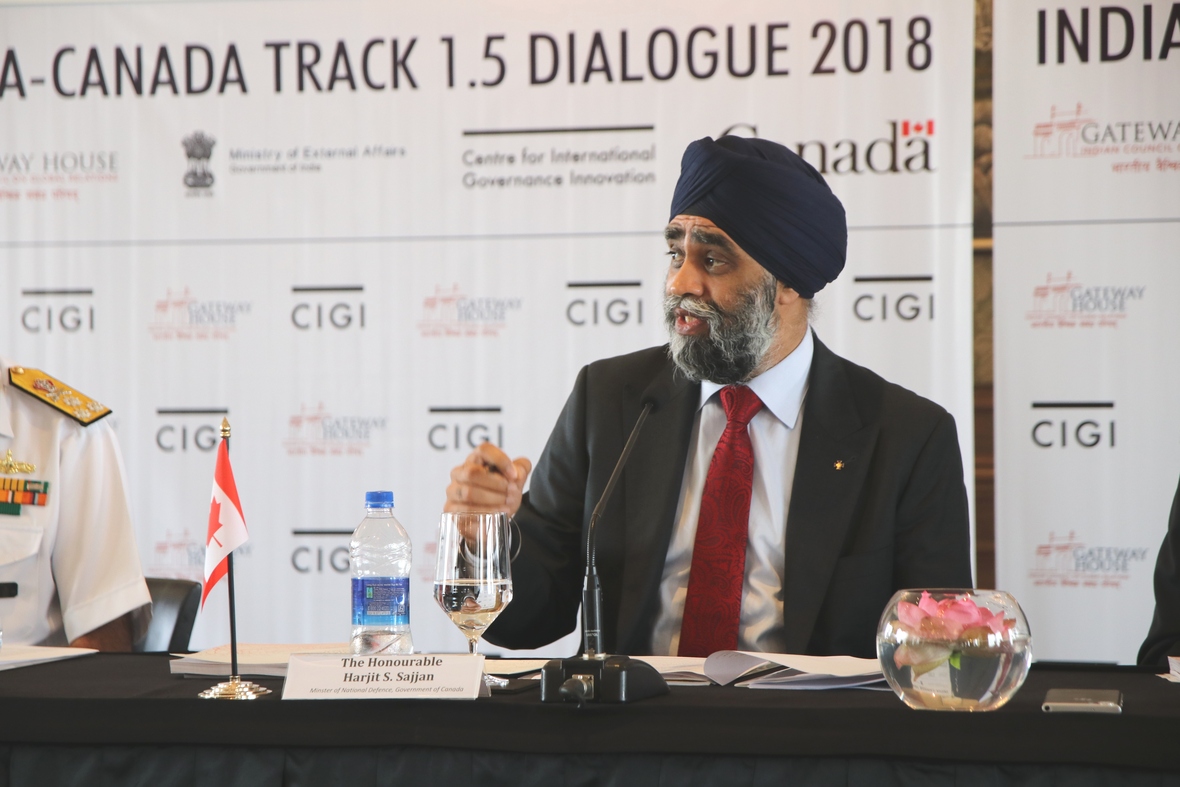PM Modi in Houston: balance and bonhomie
The Indian prime minister’s visit to the United States had both spectacle and substance, with the Houston event earlier this week casting a spotlight on the Indian American community. But the U.S.-India bilateral relationship is much more than a single event and negotiations on several issues will go on, says Ambassador Neelam Deo, Director, Gateway House, in this podcast


